Judges 2021

Photography
We have had to adjust to the new normal. The judges will meet virtually and each will make a shortlist on their own. Those essays or individual photos that receive at least two votes will go to the final rounds, which will be broadcast live.
The contest will open on November 30 and will close on January 2, 2021. The photo judging will take place from January 14-17. Please read the categories and rules very carefully.
Gael Almeida
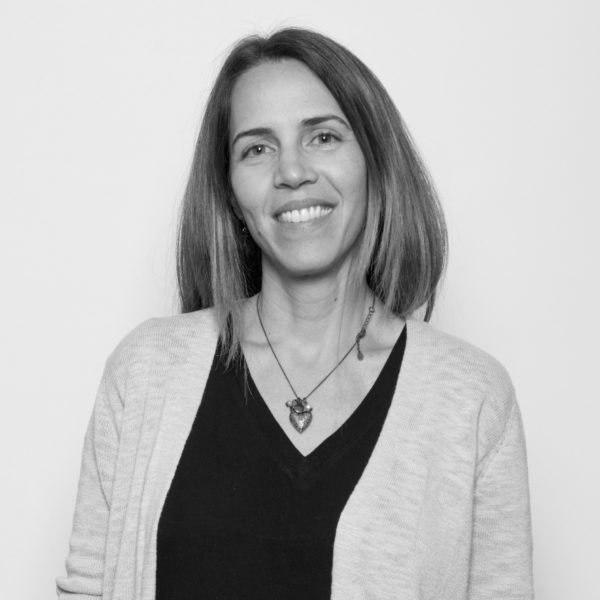
Gael has over 20 years of experience working in nature conservation, coordination of collective impact initiatives and interdisciplinary group work, as well as development of project funding strategies. She has collaborated with governments, academic institutions, and civil society organizations. In 2017, Gael joined the National Geographic Society as Regional Director for Latin America. Her activities include identifying new projects and supporting Latin American researchers, conservationists, educators, and photographers who are funded by National Geographic Society to generate greater impact and outreach about their work.
Daniel Rodrigues
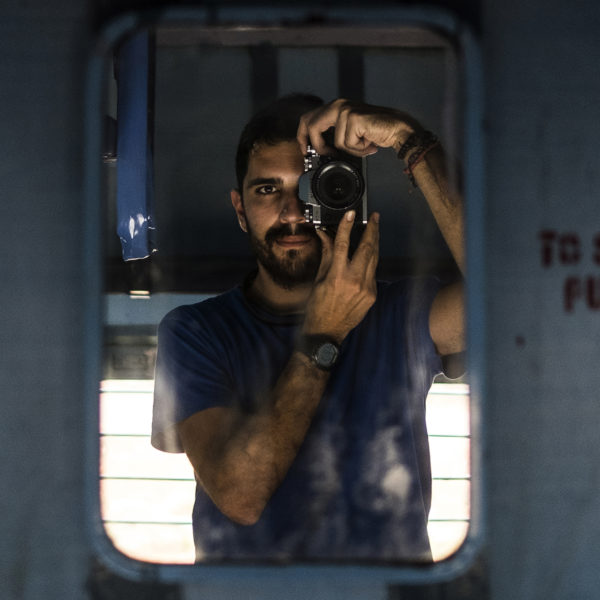
Daniel Rodrigues started his career as a professional photographer after finishing his studies at the Portuguese Institute of Photography (2010). His journey began at the Portuguese newspaper Correio da Manhã, followed by his work at the Global Imagens agency, responsible for media published in newspapers such as Jornal de Notícias, Diário de Notícias and O Jogo. Currently based in Portugal, Daniel works as a freelance photographer around the world and has been a contributing photographer to the New York Times since May 2015.
In 2013 he was awarded first place in the World Press Photo competition, in the Daily Life category. In 2015, he was granted third place as the POYi Photographer of the Year. In 2017 he was named Ibero-American Photographer of the Year at POY Latam, and received third place in the category Photographer of the Year at NPPA – Best of Photojournalism, among other awards. His work has been featured in well-known media, including The New York Times, The Wall Street Journal, The Washington Post, Al Jazeera, among others.
Gisela Volá
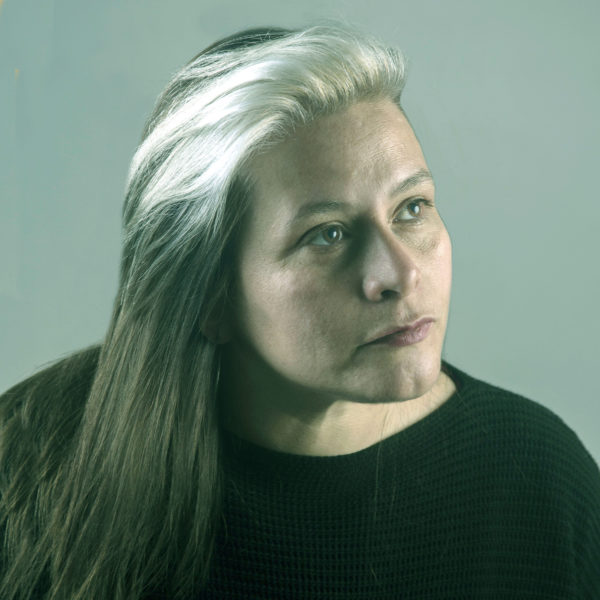
Photographer, teacher, curator and cultural manager. Gisela is a member of Cooperativa Sub, Vist project, Women Photograph and Foto Féminas as well as a 6×6 Global Talent Program Nominator for the World Press Photo. Currently, she co-directs the Laboratory of research and visual creation at Sub, an educational platform in Buenos Aires, Argentina. She is a professor of the Master of Photography at Efti (International Center of Photography and Film) in Madrid, Spain, Activator of MUFF, study program and Photography Festival of the CDF (Center of Photography of Montevideo, Uruguay) and Mentor of the Women Photograph Mentorship Program 2021.
In the past 15 years she has participated in numerous photography gatherings, festivals, colloquiums and conversations across Latin America and Europe. The award-winning photographer has received several distinctions and nominations including first place in the POY LATAM Picture of the year Latin America (2019/2011/ 2012) , first prize in the Cuenca Art Biennial, Ecuador (2009), among others.
Magdalena Herrera
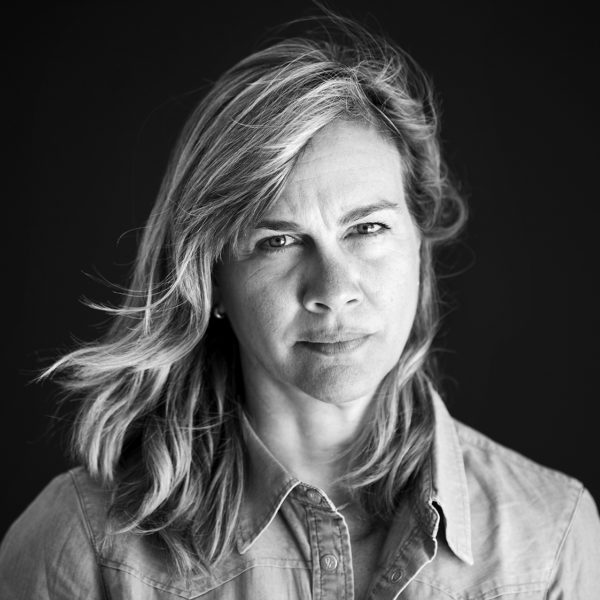
Magdalena has worked on books and magazines, spending ten years as Art Director and head of the photography department for National Geographic France before becoming Director of Photography for Geo France. Magdalena leads international workshops and seminars and her photographic experience makes her a sought-after juror in various photography competitions. She was president of the World Press Photo 2018 competition.
Mallory Benedict
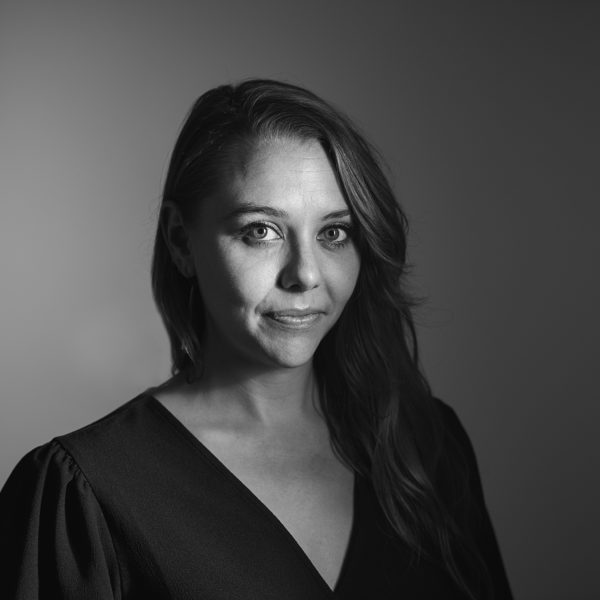
Mallory Benedict is a Photo Editor on the History and Culture desk for National Geographic Magazine, commissioning original photography across print, digital, and mobile platforms. She uses the past to understand present-day issues in her work, including stories on the legacy of the Suffrage movement and the Stonewall Riots. She also works on stories related to social justice and geopolitics, and in 2020 has worked on stories about the national protests against police violence and systemic racism, as well as the political upheaval in Hong Kong. Her work has been recognized by the American Society of Magazine Editors, Society of Publication Designers, National Press Photographer’s Association, and Pictures of the Year International. Benedict is also the Programs Manager for Women Photograph, an initiative designed to elevate the work of women and non-binary photographers around the globe. Benedict graduated from the University of Missouri’s School of Journalism where she studied photojournalism, anthropology, and political science.
Karla Gachet

Ecuadorian photographer Karla Gachet has documented Latin America extensively for nearly 15 years with a focus on culture, territory, indigenous rights, and environmental issues. She is committed to telling stories that inspire change, generate empathy, and connect people on a human level. Her work has been published and exhibited internationally and has been recognized by World Press Photo, POYi, and POY LATAM among others. Karla is a frequent contributor to National Geographic Magazine and has published in Geo France, Smithsonian, The New York Times, Washington Post among other publications. She is co-author of two books, Short Stories: From Ecuador to Tierra de Fuego and Gypsy Kings. She is a member of the collectives Runa Photos and Ayün Fotógrafas as well as a member of Women Photograph and Foto Féminas. Karla has given various talks about her experience in the region and has organized group projects and workshops, including one next year with Latinx youth from the Central Valley in California. She has taught at the Universidad de Las Americas in Quito, has been a mentor and editor for emerging photographers, and will be a Women Photograph mentor in 2021. For the last four years she has been documenting the Latinx community in the United States, which has been published in National Geographic Magazine.
Film & Multimedia

The film and multimedia competition will close on January 2, 2021. Judging will take place from January 21 to 24, 2021. Please read the categories and rules on this page very carefully.
Janet Jarman
Moderators
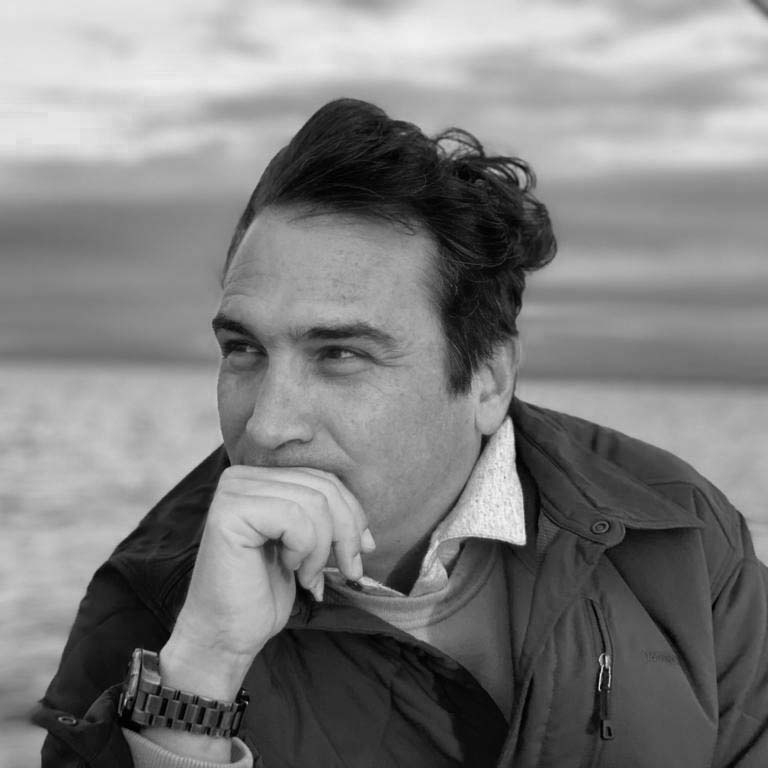
Kim Grinfeder is a multidisciplinary media maker and storyteller who uses emergent technologies to practice new ways to communicate social and environmental issues.
He is an associate professor and teaches immersive storytelling, digital media, web design, and emerging narratives. He founded the Department of Interactive Media after establishing a successful M.F.A. and a B.S.C. in Interactive Media. He leads the XR initiative at the University of Miami and is on the advisory board of centers across the University.
His work has been recognized by the NPPA, HotDocs, Online News Association, SPJ, The Atlanta FIlm Festival, amongst others. He has been a judge in POYi and has been involved with POY Latam since 2015.
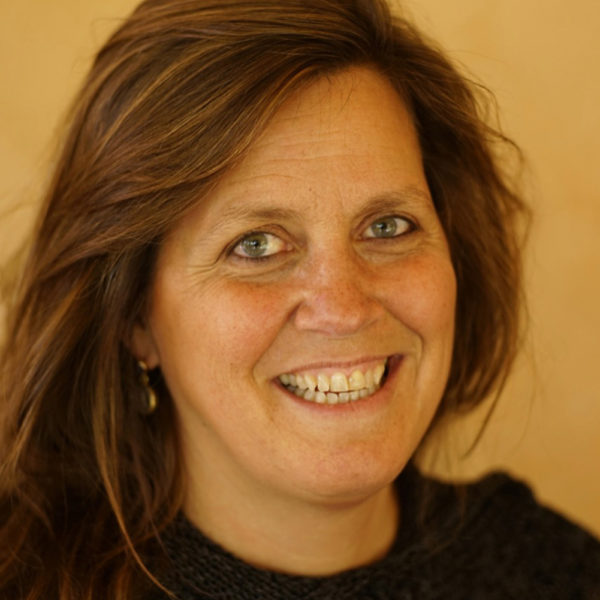
Janet Jarman is a photojournalist and documentary filmmaker. Since 2003, she has lived in Mexico, where she focuses on issues such as immigration, access to health care, water challenges and security issues. She recently completed her first feature-length documentary entitled Birth Wars with a grant from the MacArthur Foundation. birthwarsfilm.com
Jarman’s work has been published in The New York Times, GEO, Wall Street Journal, National Geographic and Smithsonian Magazine, among others. She has also worked for foundations and NGOs. Her photographs have been presented at Visa Pour l’Image, Perpignan and have received several international awards. In 2015, she was the producer of POY Latam (Pictures of the Year Latin America) in Mexico. She was a reporting judge for Pictures of the Year International (POYi) 2016 and was a member of the jury for the FNPI Gabo Award, 2018. She was also invited to be a judge for POY Latam 2019 and CPOY (College Photographer of the Year) in 2020.
Jarman began her career in South Florida after graduating from the University of North Carolina at Chapel Hill. She worked as a photographer for The Miami Herald, and later earned a master’s degree in environmental issues from the University of London.
Judges

Pamela Yates
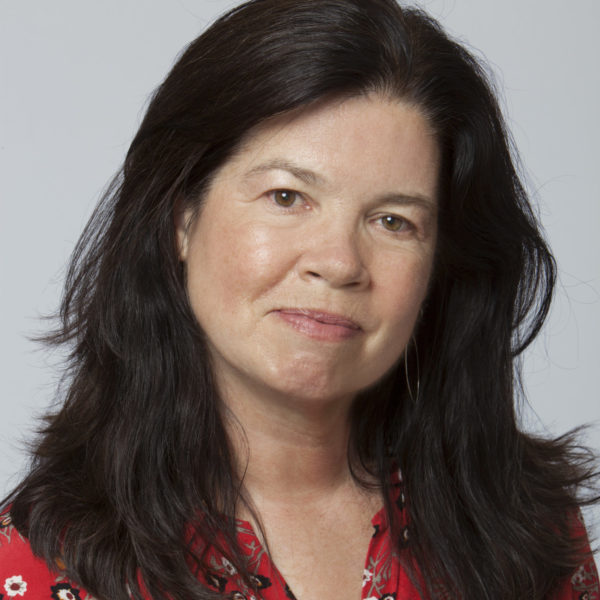
Pamela Yates is the Co-founder and Creative Director of Skylight, a non-profit human rights media organization that combines the cinematic arts with the quest for justice to inspire the defense of democracy. She is the Director of the Sundance Special Jury award winning When the Mountains Tremble; the Executive Producer of the Academy Award winning Witness to War; and the Director of State of Fear: The Truth About Terrorism, which has been translated into 47 languages and broadcast in 154 countries as well as winning the Overseas Press Club Award. Her film Granito: How to Nail a Dictator, for which she awarded a Guggenheim Fellowship, was used as key forensic evidence in the genocide trial and helped convict Efraín Ríos Montt in Guatemala. Her third film in the Guatemalan trilogy, 500 YEARS had its world premiere at the Sundance Film Festival, was released theatrically, broadcast on PBS’ and launched world-wide as part of Amazon’s Festival Stars. Pamela is currently working on a film about Americans’ defiant responses to the current inhumane immigration policies, called “Borderland”. Pamela is a member of the Academy of Motion Pictures Arts and Sciences, Writers Guild of America, and the International Documentary Association.
Manolo Sarmiento
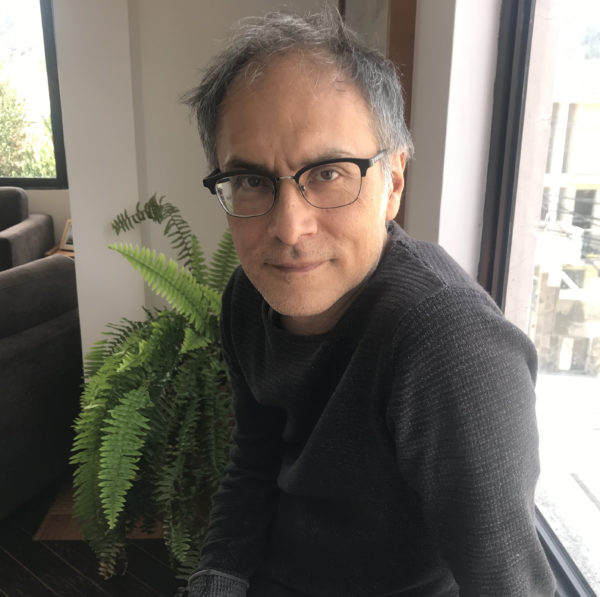
Manolo Sarmiento (Portoviejo, 1967). Ecuadorian filmmaker and journalist. He is co-director of the feature-length documentaries “Problemas personales” (Ecuador, 2002, 72′) and “La muerte de Jaime Roldós” (Ecu-Arg, 2013, 124′). “La muerte de Jaime Roldós” won eighteen international awards including the Gabriel García Márquez Iberoamerican Journalism Award, the Best Documentary Award at the Latin American festivals in Toulouse, Berlin and Havana, the Audience Award at DocsBarcelona, the Latino Film Festival in Chicago and the Film Critics Award in Uruguay. Founding member, director for fifteen years and current advisor to the Corporación Cinememoria, organizing entity of the International Documentary Film Festival “Encuentros del Otro Cine” (EDOC). Manolo Sarmiento is a professor at the Film School of the Universidad de las Artes in Guayaquil. He is a lawyer from the Catholic University of Ecuador, studied film at the University Paris 3 Sorbonne Nouvelle and has a master’s degree in Visual Anthropology and Anthropological Documentary at FLACSO. He is currently in the post-production stage of his feature film “El nombre de las plantas”, a co-production between La Maquinita (Ecuador) and Avoa Filmes (Brazil).
Meghan Monsour
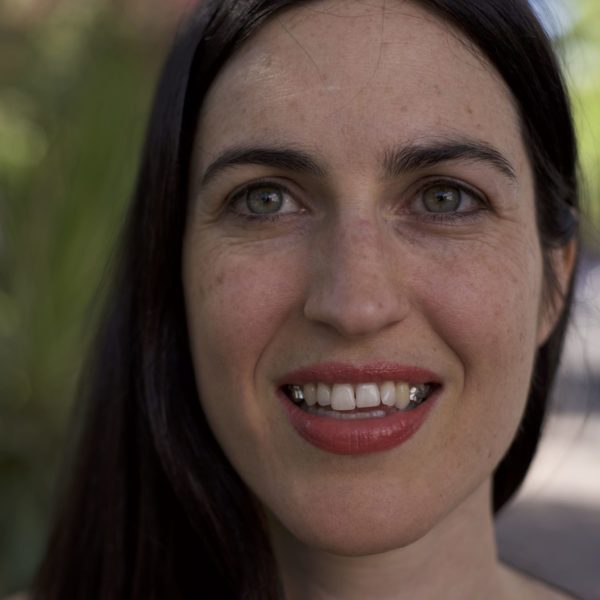
Meghan Monsour is the Programming Director of The Ambulante Documentary Film Festival, a traveling festival that promotes documentary film in Mexico and abroad in order to foster new forms of expression and encourage debate. Since 2008, she has been part of the team that has positioned Ambulante as Mexico’s most far-reaching film festival and a unique exhibition model due to its geographic reach and innovative spirit.
Irene Carolina Herrera
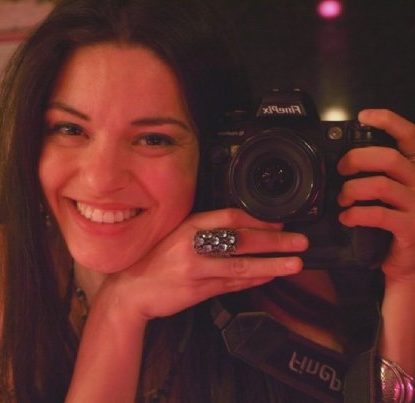
Irene Carolina Herrera (ireneherrera.com) is a Cuban-Venezuelan filmmaker, audiovisual journalist, and educator with more than 20 years of experience producing and creating documentary and journalistic content in new and traditional formats, with an emphasis on Latin America and Asia.
After completing her bachelor’s degree in audiovisual journalism and film studies, she went to Japan as a Monbukagakusho scholar to pursue a master’s degree in film and then continue with doctoral studies in photography at Nihon University.
In Tokyo, she co-founded Imago Machina, a versatile production company that makes original content and offers production services for a variety of formats, from documentary feature films, digital shorts to viral and branded content for social networks.
His personal work on human mobility, displacement and identity has been shown at numerous festivals, museums and arts centers in the U.S. and abroad, including HotDocs, Asian American Film Festival, United Nations Film Festival, Boston International Latino Film Festival, DOCMiami, and the Yerba Buena Arts Center in San Francisco, among others. He has also produced photo and video work for The Guardian, The New York Times, CNN, BBC, Discovery, Human Rights Watch, and Amnesty International.
She is currently an associate professor of media and communications at Temple University’s Japan campus in Tokyo. Her work and love of travel has taken her to over 70 countries where she has learned 5 languages.
Deborah Acosta
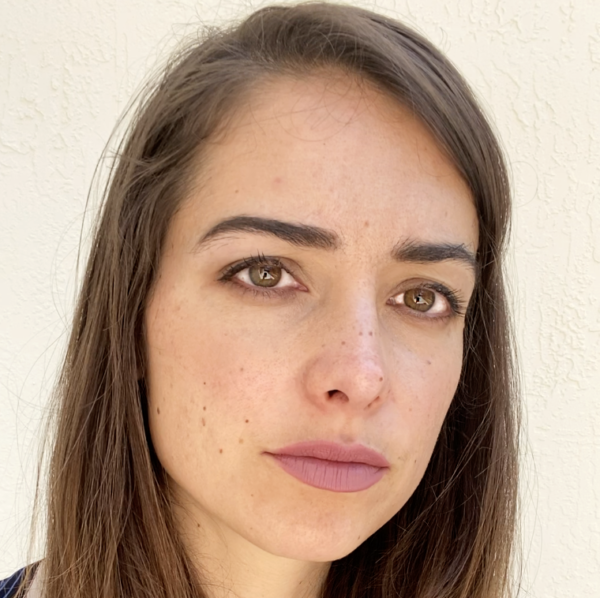
Deborah Acosta reports on issues related to navigating the workplace in a postpandemic world for The Wall Street Journal. She previously covered national and international news at the New York Times, utilizing innovative forms of visual storytelling. Ms. Acosta was part of a team of reporters that won the 2020 George Polk Award for International Reporting for a series of visual investigations.
Robert Hernández

Robert Hernandez, aka WebJournalist, is a Professor of Professional Practice at USC Annenberg, but he’s not an academic… he’s more of a “hackademic” that specializes in “MacGyvering” digital journalism through emerging technologies. His most recent work includes Augmented Reality, Wearables/Google Glass and Virtual Reality — he and his students produce VR experiences under their brand: JOVRNALISM™. Their work has won awards from The Webby Awards, The Shorty Awards, the Online News Association, Society of Professional Journalists, among others, and can be seen in Al Jazeera, The New York Times, NBC, NPR, ProPublica, USA Today and in their own iOS/Android app. He has worked for seattletimes.com, SFGate.com, eXaminer.com, La Prensa Gráfica, among others. Hernandez is also the co-founder of #wjchat and co-creator of the Diversify Journalism Project. He has served on boards that have included Chicas Poderosas, InquireFirst, the Online News Association and the National Association of Hispanic Journalists (where he is a lifetime member). He is also a Journalism 360 ambassador and program lead. He is the recipient of SPJ’s 2015 Distinguished Teaching in Journalism Award and the 2018 NAHJ Si Se Puede Award. He has made it to imgur’s front page more than once. He connects dots and people.
Amateur Contest on Instagram

The amateur photography contest on Instagram will close on January 31st and the judging will be on February 6th. Please read the categories and rules carefully.
Judges
Karla Gachet

Ecuadorian photographer Karla Gachet has documented Latin America extensively for nearly 15 years with a focus on culture, territory, indigenous rights, and environmental issues. She is committed to telling stories that inspire change, generate empathy, and connect people on a human level. Her work has been published and exhibited internationally and has been recognized by World Press Photo, POYi, and POY LATAM among others. Karla is a frequent contributor to National Geographic Magazine and has published in Geo France, Smithsonian, The New York Times, Washington Post among other publications. She is co-author of two books, Short Stories: From Ecuador to Tierra de Fuego and Gypsy Kings. She is a member of the collectives Runa Photos and Ayün Fotógrafas as well as a member of Women Photograph and Foto Féminas. Karla has given various talks about her experience in the region and has organized group projects and workshops, including one next year with Latinx youth from the Central Valley in California. She has taught at the Universidad de Las Americas in Quito, has been a mentor and editor for emerging photographers, and will be a Women Photograph mentor in 2021. For the last four years she has been documenting the Latinx community in the United States, which has been published in National Geographic Magazine.
Gisela Volá

Photographer, teacher, curator and cultural manager. Gisela is a member of Cooperativa Sub, Vist project, Women Photograph and Foto Féminas as well as a 6×6 Global Talent Program Nominator for the World Press Photo. Currently, she co-directs the Laboratory of research and visual creation at Sub, an educational platform in Buenos Aires, Argentina. She is a professor of the Master of Photography at Efti (International Center of Photography and Film) in Madrid, Spain, Activator of MUFF, study program and Photography Festival of the CDF (Center of Photography of Montevideo, Uruguay) and Mentor of the Women Photograph Mentorship Program 2021.
In the past 15 years she has participated in numerous photography gatherings, festivals, colloquiums and conversations across Latin America and Europe. The award-winning photographer has received several distinctions and nominations including first place in the POY LATAM Picture of the year Latin America (2019/2011/ 2012) , first prize in the Cuenca Art Biennial, Ecuador (2009), among others.
Oscar Durand
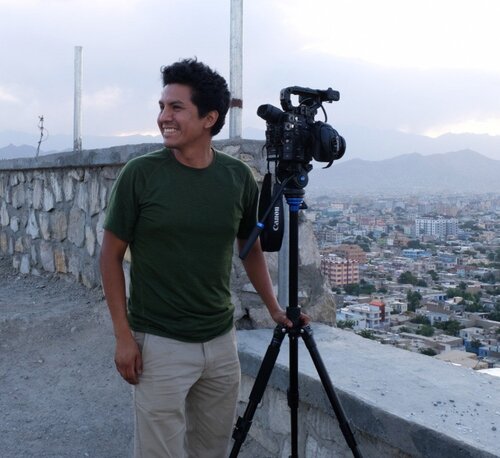
I currently live in New York City, working as a multimedia producer for the United Nations Development Programme (UNDP). When I am not producing videos and podcasts for them, I am working on audio stories for On Spec Podcast.
Years ago, I wanted to become an engineer. I was attracted to improving processes, working with people, and seeking efficiency in the pursuit of a goal. While attending college for industrial engineering, I discovered visual storytelling.
From 2002 to 2009, I lived in the United States and graduated from Rochester Institute of Technology’s photojournalism program. From 2010 to 2014, I lived in Lima, Peru, my hometown. Growing up, terrorism and economic collapse were daily news. By the time I returned, Peru was undergoing a transformation. I traveled around the country documenting environmental and social issues. After Peru, I moved to Turkey for four years. I wanted to focus my work on a topic close to my heart, migration, through the refugee crisis erupting in that region. Being challenged daily, in a country very different from mine, was one of my best life experiences.
I started on one medium, photography, and along the way, I picked up video and audio. When asked, “Which one do you prefer?”, my answer is, “it depends on how the medium fits the story”. After years of working with photo, video, and audio, I have discovered that I love storytelling irrespective of the medium. I continue exploring ways to improve my craft to tell stories that deepen understanding and generate a positive impact.
My work has been featured by The Wall Street Journal, The New York Times, Al Jazeera’s Contrast VR, BBC Reel, NBC News, Catholic News Service, The Guardian, PRI’s The World, World Vision International, Catholic Relief Services, Shared Interest, Unicef, among others.
Pablo Corral Vega
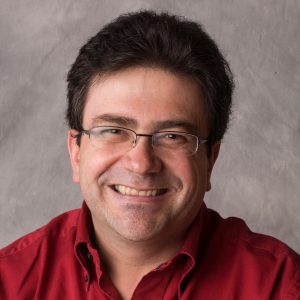
He is an Ecuadorian photojournalist, writer, artist and cultural manager who has published his work in National Geographic, National Geographic Traveler, Smithsonian, New York Times Sunday Magazine, Audubon, Geo in France, Germany, Spain and Russia, and other international publications. He has been a jury member for Pictures of the Year International and World Press Photo, the two most important photography competitions in the world. He was a Nieman Fellow at Harvard University. He was the founder and co-director of the POY Latam photography competition, the largest in Latin America. He is the editor-in-chief of POY Latam magazine, a space that seeks to bring art and literature closer to journalism, and was the curator of the Coronavirus postcard series with the New York Times.
He was the Secretary of Culture of Quito from 2015 to 2019, and as such was in charge of directing all areas of cultural management of the city: public policy, budgets, planning, educational processes, organization of events, fairs and festivals, rectorship of museums, theaters, libraries and archives, direction of the city’s editorial project.
